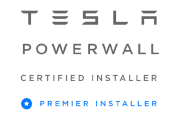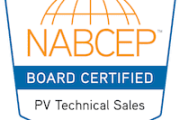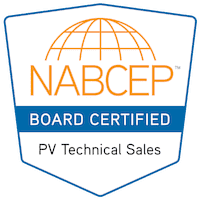 Misconceptions about “Solar is A Scam”
Misconceptions about “Solar is A Scam”
Solar is a scam? Or not? Residential solar, or solar energy for that matter, has been the victim of bad publicity and people trying to make a quick buck off of the industry’s boom.
Between 2008 – 2012, there was quite a bit of news about solar companies making millions and then going bankrupt due to a flawed business model. Another one is people who bought bad products costing them a fortune while the solar company reaped all the incentive money and profits. It made the solar industry look like it was a Ponzi scheme or full of cronyism.
All that’s a shame because there have always been great companies doing outstanding work overshadowed by the media's loud negative press.
We want you to be assured of solar’s benefits and help you avoid any scammers that may still be out there.
Solar PPA/Lease Agreement
Although PPA and lease agreements work great as options to go solar, the disadvantages homeowners aren’t unaware of or don’t comprehend at signing can lead to the solar scam idea.
Solar PPA and lease agreements are ways for homeowners to get residential solar inexpensive, but here are some of the disadvantages of solar PPA and Lease Agreements:
- Long-term contracts that tie you to paying someone for your energy (Approximately 10-25 years).
- Difficulty in selling your residence while under a PPA or lease contract. Your home buyer will have to take over your contract, which could lead to no sale of your home or you forking over money to the solar company to end the contract early. (How to get out of a solar lease agreement.)
- Rate escalation may be on the contracts, so the power you purchase from the solar panels on your home can go up annually.
Challenges and Considerations of Solar PPAs and Lease Agreements
These disadvantages have caught many off-guard and created a stigma that solar energy is no better than fossil fuels.
This problem is unfortunate because better communication between solar providers and buyers could have managed expectations or caused homeowners to consider other, better options.
Read More:
5 Steps To The Best Solar Company
A Guide To Understanding Solar Quotes
Signs of a Solar Scam
While solar PPA and lease agreements are not scams, some scam artists or unethical solar companies may try to take advantage of you. They play on your desire to invest in wonderful solar energy technology, become energy independent, and any lack of knowledge you may have, so we want to equip you with indicators to look for to avoid these money traps.
- Social media and internet ads that:
- Mimic the appearance of an independent publication’s article. It may have a picture of some official signing legislation.
- Have inflated upfront costs for a solar installation that pushes hard for financing. (Financing is a great option that doesn’t require forcing you.)
- Contains language disguising a solar installation or roof replacement loan as a utility or government-sponsored “special program.”
- Claim special funding “only available in your area” or “for a limited time.”
- Aggressive sales tactics from door-to-door solar salespeople.
- These people are confrontationally creating a high-pressure situation for homeowners to sign a contract or financing agreement. (Reputable companies like Option One Solar know this is a partnership between you and them. Therefore, they inform you, support you, and offer solutions, not pressure.)
- Using utility company names and wrong descriptions of solar laws (fake notice) to mislead homeowners. It's the typical tactic for door-to-door salespersons to drop a small slip or stickers on your door and tell you it's mandatory to have solar installed for your home and needs energy meter tuning.
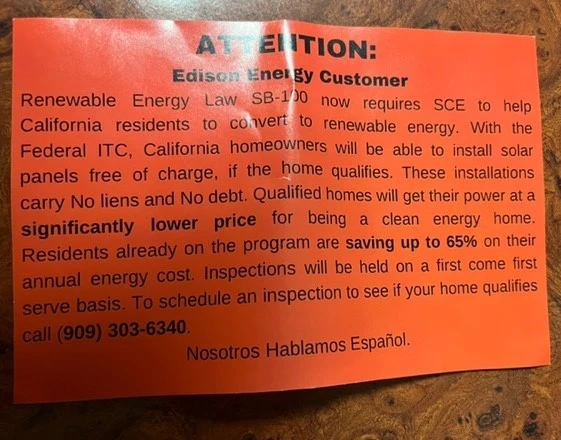
An example of the fake notice from door-to-door solar scams.
- Overestimating utility rates or the value of small energy efficiencies that exaggerate your return on investment. (The average payback period for Californians is 6 to 9 years.)
These three cover the bulk of any solar scammer’s playbook. Those people victimized by companies using these tactics have created a massive misconception that solar is evil or unrewarding when the exact opposite is true. Many companies are doing a great job and fighting the good fight in this industry. Let’s talk about what they bring to the table.
Signs of a Reputable Solar Company
The good solar companies that keep this industry alive carry some key traits. As a whole, we want you to own your system and energy independence. Whether you do that by paying for it all upfront or utilizing the power of financing, owning your system is by far the best way to proceed.
- A reputable solar company will approach its dealings with you as a partnership that empowers you through solar energy.
- Ensuring end-to-end service to customers, from energy audit to your system switch-on.
- They will provide verifiable and accurate information that minimizes your payback while delivering dependable, quality products for your energy needs.
- They will work tirelessly to get you the system that fits your situation and gives you total ownership.
- This company will support you through your system life and handle the heavy lifting of the physicals and paperwork.
Don’t be afraid of solar. Despite any negative hype, it is not a scam. Be on the lookout for anyone just trying to sell you something, but know that as a whole, the industry is full of good people who want to help you succeed.



